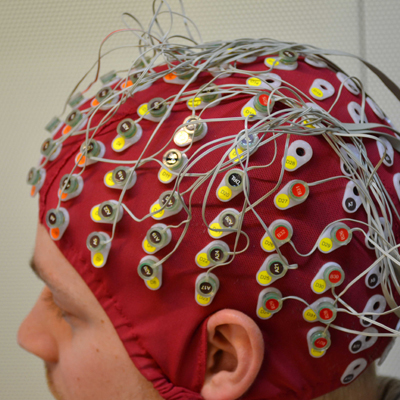An electroencephalogram (EEG) is a test that detects electrical activity in your brain using small, flat metal discs (electrodes) attached to your scalp. Your brain cells communicate via electrical impulses and are active all the time, even when you're asleep. This activity shows up as wavy lines on an EEG recording. An EEG is one of the main diagnostic tests for epilepsy. An EEG may also play a role in diagnosing other brain disorders. An EEG can determine changes in brain activity that may be useful in diagnosing brain disorders, especially epilepsy. An EEG can't measure intelligence or detect mental illness
An EEG may be helpful for diagnosing or treating the following disorders
An EEG may also be used to confirm brain death in someone in a persistent coma. A continuous EEG is used to help find the right level of anesthesia for someone in a medically induced coma.
To prepare for an EEG
- Wash your hair the night before or the day of the test, but don't use any conditioners, hair creams, sprays or styling gels. Hair products can make it harder for the sticky patches that hold the electrodes to adhere to your scalp.
- Avoid anything with caffeine on the day of the test, because caffeine can affect the test results.
- Take your usual medications unless instructed otherwise.
- If you're supposed to sleep during your EEG test, your doctor may ask you to sleep less or even avoid sleep entirely the night before your EEG.

